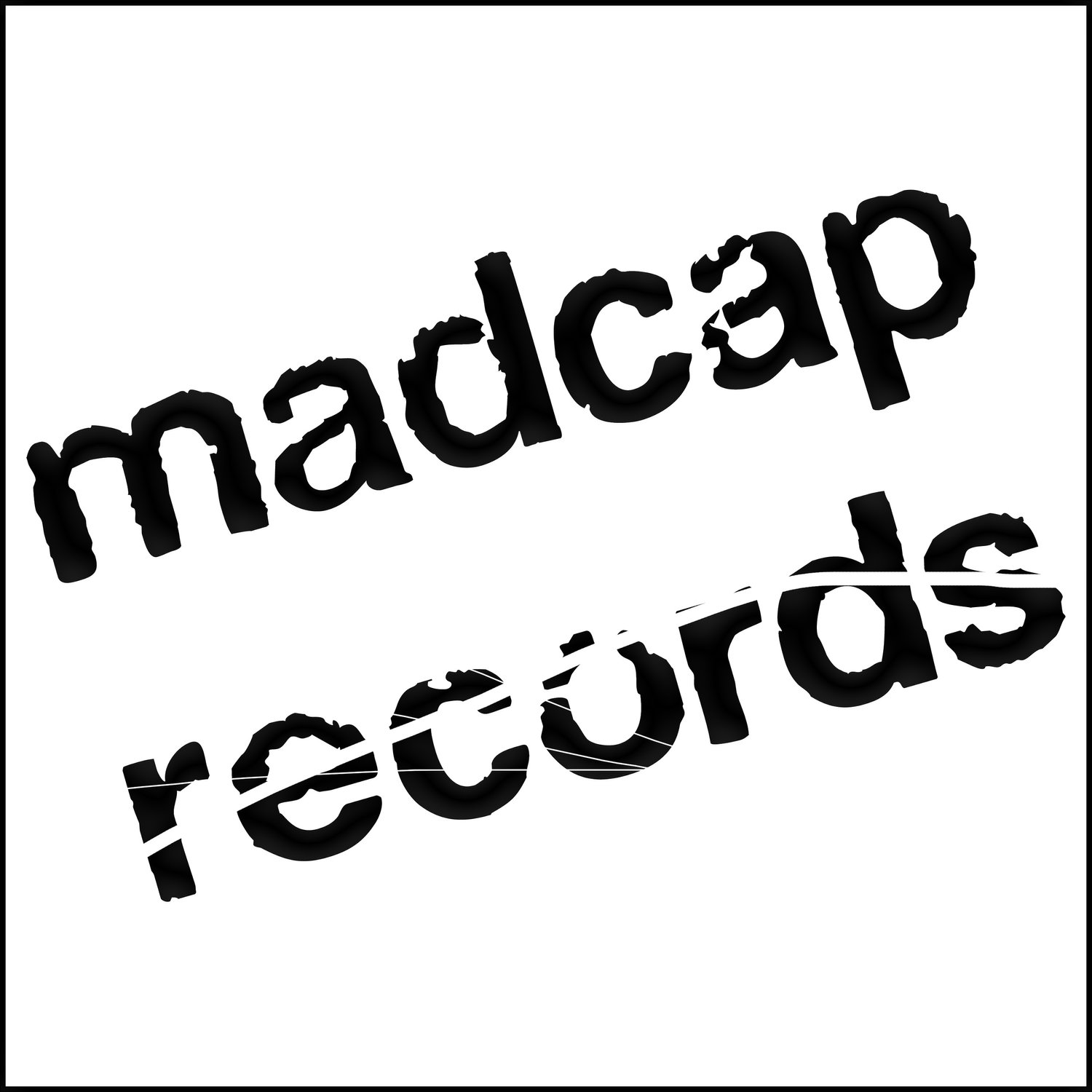How to License Music for the Entertainment Industry: A Guide for the Brave and the Bold
Hello, cruel world. Ready to dive into the abyss of music licensing? Fear not, for I am here to guide you through this mystical journey with the grace of a cat wearing socks on a polished floor. Music licensing in the entertainment industry can be as perplexing as trying to understand why we can't lick our elbows, but it's crucial for adding that special zing to your projects without getting sued into oblivion.
Step 1: Understanding the Beast
First off, know what beast you're dealing with. Music rights are split into two main categories: Master Rights and Publishing Rights. The Master Rights belong to whoever owns the recording (think record labels or artists if they’re indie), while the Publishing Rights are all about the composition and lyrics, typically held by songwriters and publishers. Yes, you need to charm both of these dragons to use a song legally. It's like asking both parents for permission to date their child - twice the fun!
Step 2: Finding the Right Tune
Now that you know whom you're dealing with, it's time to find your tune. Whether you're after the latest chart-toppers or a forgotten gem from the '80s, make sure it vibes with your project. This step is like Tinder for music: swipe until you find the one, but be ready for some heartaches and surprises. Like…a lot. Only the strong survive, fam.
Step 3: Licensing Like a Pro
Now, it's negotiation time. Here’s where things get spicy. You'll need to secure two main types of licenses: a Synchronization License (or "sync license") for the composition, and a Master Use License for the recording. Imagine this as convincing both Gandalf and Dumbledore to let you pass.
Sync License: This little gem lets you sync music with visual content. Contact the publisher or the songwriter directly. Be charming, be witty, and, most importantly, be ready to discuss your budget.
Master Use License: This one is for using the recording. Reach out to the record label or, if you're dealing with an independent artist, contact them directly. Again, it's all about the budget, the scope of use, and how well you can negotiate a deal without selling your firstborn.
Step 4: Discussing the Moolah
Ah, the fun part - talking money. Licensing fees can vary more than mood swings. Everything affects the price: the song’s popularity, the duration of use, the size of your audience, and whether you'll use it to sell socks or spaceships. Be honest about your budget, but also be prepared to negotiate or find creative solutions. Remember, everyone wants to see their work in the spotlight, but they also need to pay bills.
Step 5: Paperwork, Paperwork, Paperwork
Congratulations, you've reached the final boss: the paperwork. Ensure every detail is covered in the agreement, including rights, territories, usage duration, and any other clauses that protect both parties from future woes. It's like making a pact with a genie – be specific, or you might end up turned into a teapot.
Conclusion: The End of the Quest
And there you have it, dear adventurers! You've tamed the wild beast of music licensing. Armed with your newly acquired knowledge, go forth and elevate your projects from the mundane to the magical. Remember, in the vast sea of the entertainment industry, being informed is your best life jacket. So, wear it proudly and create something that you wish existed and other people do, too. Cheers!

